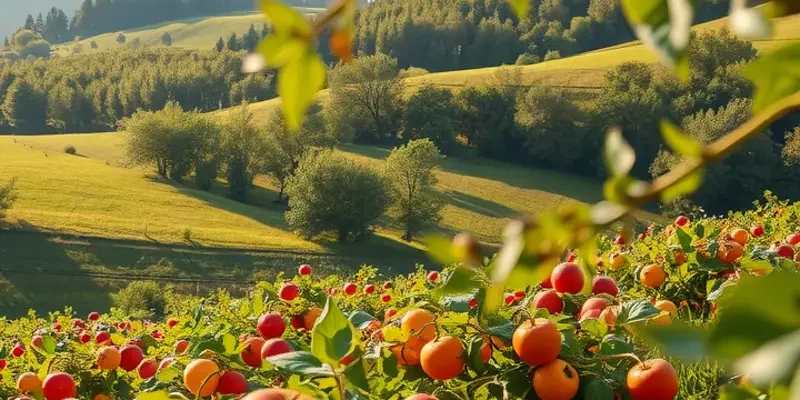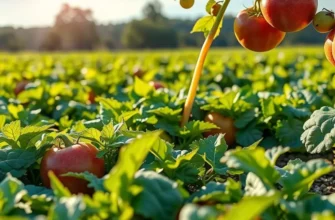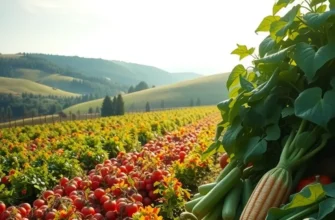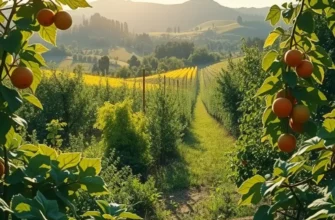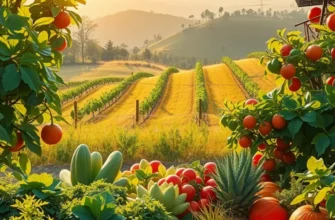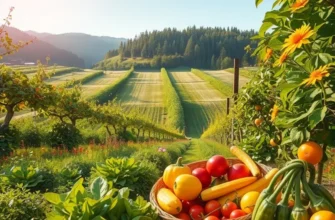Food preservation plays a crucial role in sustainable living by extending the freshness of your harvest while reducing waste. With simple strategies, you can safely store food and manage your pantry effectively. Embracing eco-friendly preservation methods not only helps you save money, but also supports the environment by minimizing excess waste. Discover actionable tips that will empower you to improve your food management skills and embrace a greener lifestyle.
Naturally Preserving: Techniques for Freshness and Flavor
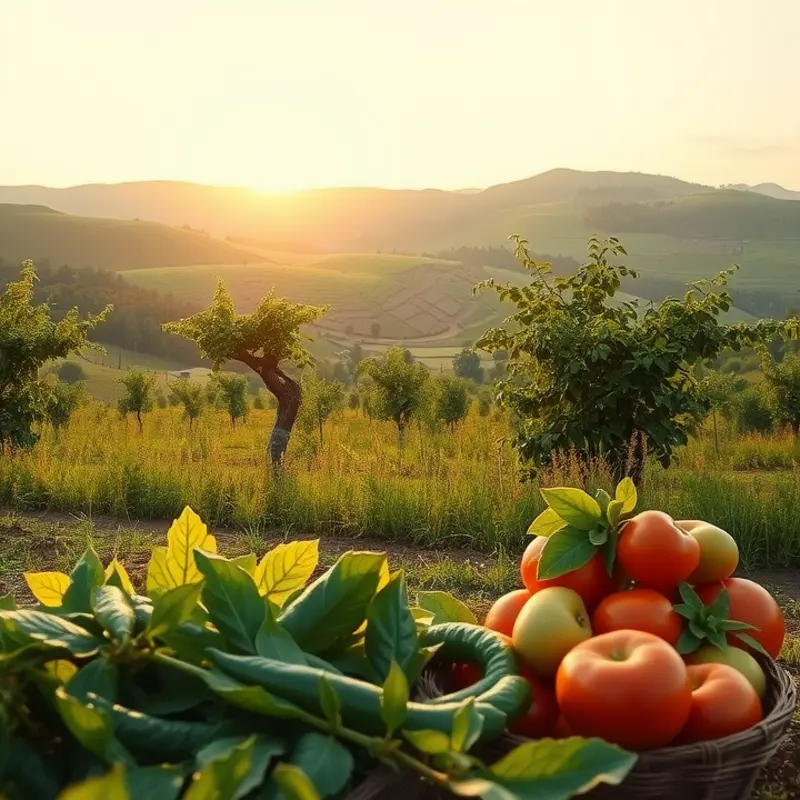
Preserving food naturally is an age-old practice that delivers freshness while unlocking a trove of flavors. By utilizing techniques like fermentation, dehydration, and pickling, you not only prolong the shelf life of food but also invigorate your meals with compelling tastes. Firmly rooted in sustainability, these methods harness humble tools and common ingredients, paving the way to a delicious and zero-waste kitchen.
Fermentation is a timeless method transforming perishables into flavor-rich preserves. This technique, involving the controlled decay of carbohydrates by bacteria and yeast, yields foods like sauerkraut and kimchi. To embark on fermentation, start with a blend of choice vegetables. Slice them evenly to promote uniform fermentation. Salt, a key player, not only draws out moisture but also limits harmful bacteria. Place the mixture in a jar, ensuring it is submerged in its own juices to prevent spoilage. Allow it to rest at room temperature away from direct sunlight. Over days or weeks, tangy and complex flavors develop, rewarding your patience. Fermentation also enhances nutritional value by increasing the availability of vitamins and probiotics.
The art of dehydration offers a straightforward approach to preserving a variety of foods. Removing moisture slows down spoilage, making it a popular method for fruits, vegetables, and herbs. You can use an electric dehydrator, but your oven or even the sun can be equally effective for thinly sliced produce. Arrange the slices on a wire rack and lightly sprinkle with sea salt or your favorite herbs to deepen the taste. For best results, maintain a low temperature, as it preserves flavors while keeping nutrients intact. Dried fruits, for instance, become natural sweet treats, enhancing snacks like Mediterranean Chickpea Salad: A Burst of Freshness with their chewy texture and concentrated sweetness.
Pickling, another ancient technique, submerges food in vinegar or brine to create dynamic and lasting flavors. You can experiment with spices and herbs to curate your unique pickling blend. Cucumbers, radishes, and carrots are excellent starting points. Begin with sterilized jars and pack them tightly with your chosen produce. Boil a mixture of equal parts water and vinegar, adding salt, sugar, and spices, then pour it over the vegetables in the jar. Seal the jars and let them cool before refrigerating. After a week, you’ll savor pickles that add a zesty kick to any dish.
By integrating these preservation practices into your cooking routine, you cultivate a deeper connection with your food and the environment. These time-honored methods reinforce a sustainable lifestyle and reduce food waste by prolonging the life of your harvest. They’re not only practical but enhance your culinary repertoire with flavors that surprise and satisfy. Adopting such habits transforms your kitchen into a creative space that celebrates abundance and nurtures the planet.
Smart Storage: Eco-Friendly Solutions to Minimize Waste
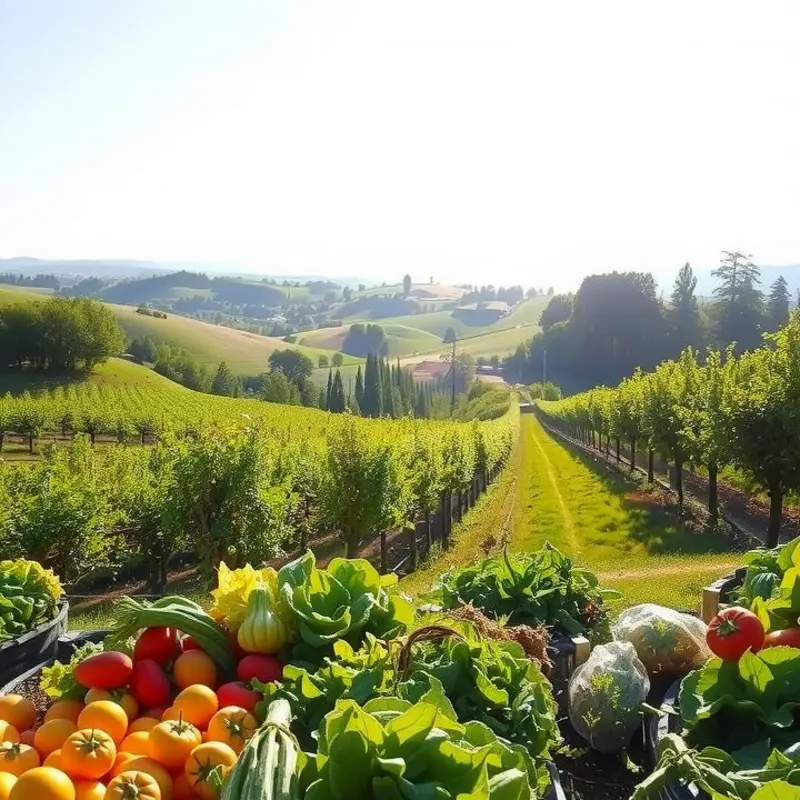
For sustainable food management, organizing your pantry with eco-friendly solutions is paramount. Embracing materials like glass jars, cloth bags, and reusable containers not only extends the life of your provisions but also contributes to reducing plastic waste.
Glass Jars: These classic containers are excellent for storing grains, spices, and even leftovers. Their airtight seal prevents moisture and pests from entering, maintaining the integrity of the food item. The transparency of glass is an added benefit, allowing you to quickly identify contents — minimizing waste caused by forgetting or overlooking stored items.
Cloth Bags: Investing in high-quality, washable cloth bags is a wise choice for storing fresh produce. These bags allow your vegetables and fruits to breathe while preserving their freshness. Unlike plastic, which can suffocate and accelerate spoilage, cloth provides adequate ventilation. This approach not only serves environmental interests but also enhances the flavor and quality of your harvest.
Reusable Containers: Versatile and durable, reusable containers are suitable for storing a wide variety of foods. Opt for those made from sustainable materials like stainless steel or bamboo. They are perfect for meal prep and keeping snacks accessible. Efficient use of these containers can also help manage portion sizes, fostering awareness around consumption habits.
To enhance your storage effectiveness, sorting and categorizing food items is crucial. Begin by grouping items by type, such as grains, snacks, and canned goods. Within those categories, arrange products by their expiration dates. This method ensures that older items are used first, reducing the chance of spoilage. An organized pantry encourages a systematic consumption pattern, decreasing the likelihood of food going to waste.
For more inspiration on organizing meals and maintaining a sustainable lifestyle, explore ideas such as keto egg muffins for easy meal prep, which can seamlessly fit into your sustainable kitchen routine.
Incorporating these eco-friendly storage options into your culinary and lifestyle habits not only optimizes food management but also supports a broader goal of reducing plastic dependency. Mindful consumption starts with understanding and adjusting our storage practices, leading to a more sustainable household.
Final words
Embracing eco-friendly food preservation techniques creates an opportunity for a more sustainable lifestyle. By harnessing natural methods like fermentation and pickling, you can savor the flavors of fresh produce while extending their shelf life. Furthermore, implementing smart storage solutions effectively manages what you have, reduces waste, and fosters mindful consumption. No matter your level of expertise in the kitchen, adopting these practices helps contribute positively to your health and the environment. Start taking small steps towards a greener approach, and you’ll soon see the benefits multiply in your pantry.

